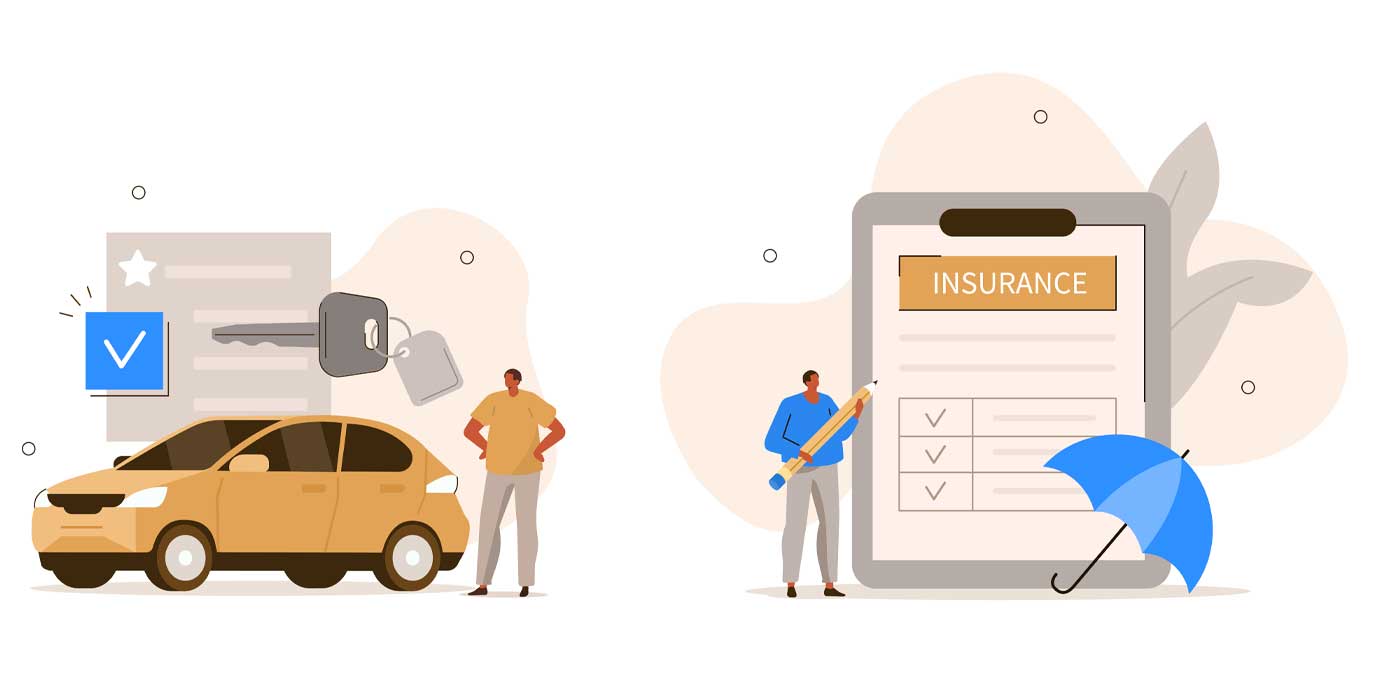Dealer markup has become a hot topic, due in part to recent comments by some regulators who suggest dealers are cheating customers who opt for dealer-arranged financing. One referred to dealer markup as an “undisclosed kickback.” Another said that the automobile financing market in the U.S. is “profoundly broken.”
Dealer-arranged financing has been car buyers’ preferred method of purchasing vehicles for decades. According to FICO, in 2018, 63% of Americans who bought or leased a vehicle from a dealership looked to the selling dealer to find a willing finance source.
It’s hard to understand how a universal business practice that engages the full array of vehicle finance resources — captive and independent lenders, banks and credit unions — could be so misconstrued. Especially when consumers don’t pay anything extra for credit arranged at the dealership than they pay for a loan in a direct lending transaction.
Whether the money comes in the form of a direct loan or indirect dealer-arranged financing, the creditor incurs a “loan origination expense” or “financial obligation origination expense.” It represents the cost associated with soliciting qualified borrowers, negotiating terms acceptable to all parties to the deal, and consummating and documenting the transaction.
If a consumer gets a loan from a bank or credit union, the origination expense becomes part of the borrower’s cost of credit. If the customer opts for dealer-arranged financing, the dealer incurs this expense on behalf of the finance source that accepts assignment of the installment sales agreement. The finance source reimburses the dealer for incurring the origination expense. The amount becomes part of the cost of credit.
With dealer-arranged financing, the franchise dealer sells the vehicle on monthly installments. The dealer is the creditor at the time of consummation. The obligation is in the form of a retail installment sale agreement between the customer and the dealer, which is immediately sold to a finance source — a captive or independent lender, bank or credit union. Since the dealer doesn’t make a loan, the reimbursement is a “financial obligation origination expense.”
In dealer-originated transactions, the reimbursement is reflected in the difference between the wholesale APR assessed the dealer and the retail APR assessed the customer (APR being the cost of credit). The amount of the markup is limited by statute in California and monitored by the participating finance sources and, in the vast majority of cases, dealer management.
Have abuses occurred? Yes. However, since dealers are in the business of selling cars — not loaning money — they’ll willingly sacrifice a portion or all of the origination expense reimbursement if it will close the sale. Incidentally, the odds of a prospective car buyer walking into a bank and getting a car loan at the lower wholesale rate provided the bank’s dealer clients are between slim and none.
Dealer-arranged financing is convenient, highly competitive and, when properly applied, in compliance with the governing state and federal regulations. In the case of zero-APR promotions, the buyer only repays the principal balance.
In my view, we all have three obligations to the regulators that oversee our dealings with consumers. The first two require us to have a working knowledge of the rules and abide by them. The third is to provide regulators with a clear understanding of the processes their rules are enacted to govern.
If we don’t correct this misperception, who will? Make sure everyone in your dealership and in your circle of influence understands what dealer markup really is. We’re performing a service and being reimbursed for it. And, in the process, millions of Americans have enjoyed a convenient and cost-effective way to meet their personal transportation needs.
Loan Origination Expense or
Financial Obligation Origination Expense
The expense of soliciting qualified borrowers, negotiating terms agreeable to all parties, and consummating and documenting the transaction.














